Some coronavirus antibody tests submitted for approval to Public Health England have failed to meet required levels of accuracy, Downing Street has revealed.
Eight days after a senior health official suggested that the tests could be available within days for the public to order from Amazon, Boris Johnson’s spokesman was unable to give any timetable for their introduction. He warned that the use of unreliable tests could have “significant adverse consequences” by giving people false confidence in their own immunity.
And health secretary Matt Hancock acknowledged that early analysis of the tests showed that some were not up to standard.
Download the new Independent Premium app
Sharing the full story, not just the headlines
“We’ve now bought 17.5 million tests, subject to them working, and we are undertaking tests of those tests,” Mr Hancock told a 10 Downing Street press conference.
“The early results of some of them have not performed well, but we’re hopeful that they will improve and that the later tests that we’ve got our hands on will be able to be reliable enough for people to use them with confidence.”


1/12
Agnetha Septimus, Matthew Septimus, and children Ezra and Nora
Stephen Lovekin/REX/Shutterstock
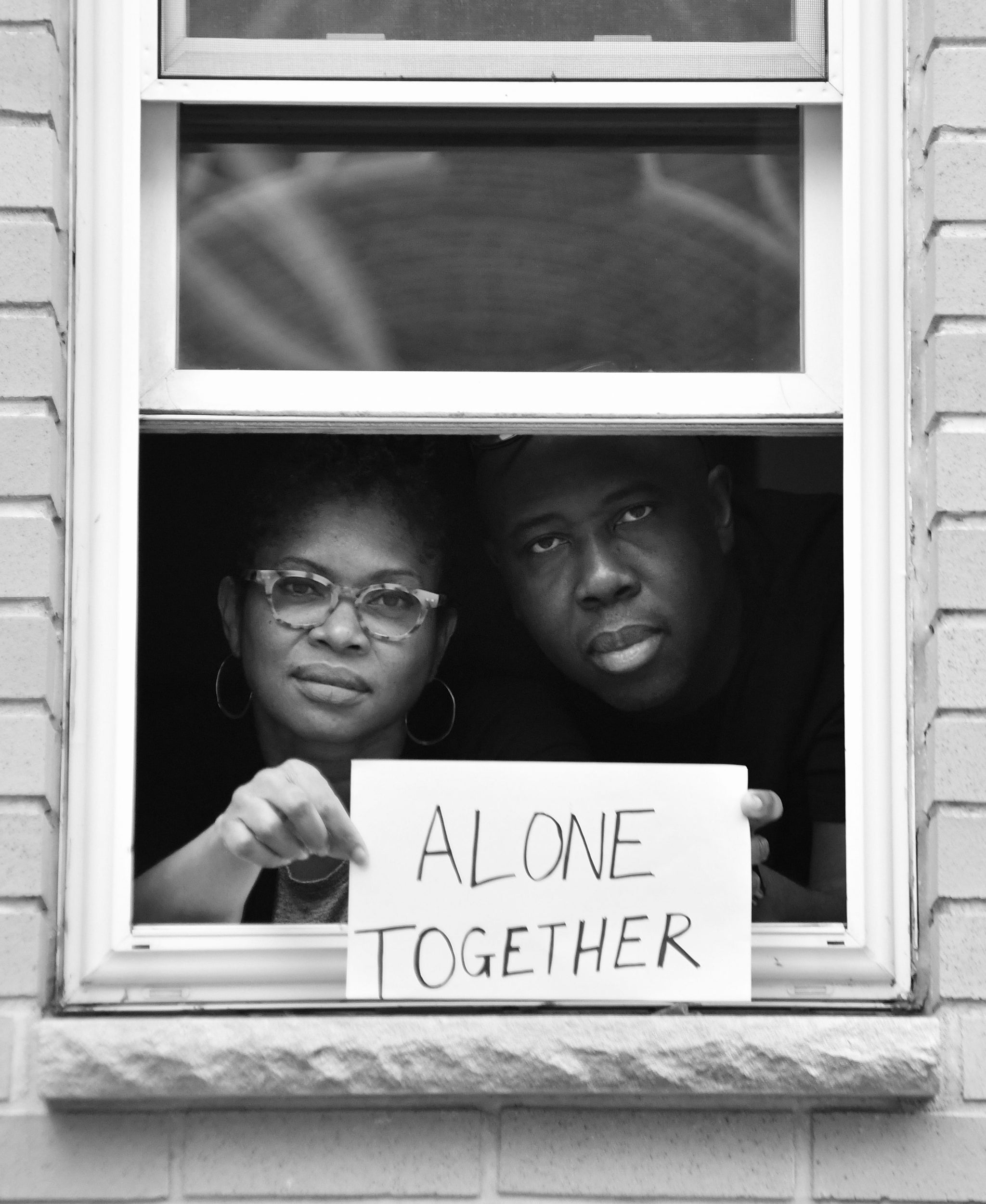
2/12
Husband and wife filmmakers, Claire Ince and Ancil McKain pose for a portrait for the series by Shutterstock Staff Photographer, Stephen Lovekin, shot around the Ditmas Park neighborhood of Brooklyn, New York
Stephen Lovekin/REX/Shutterstock
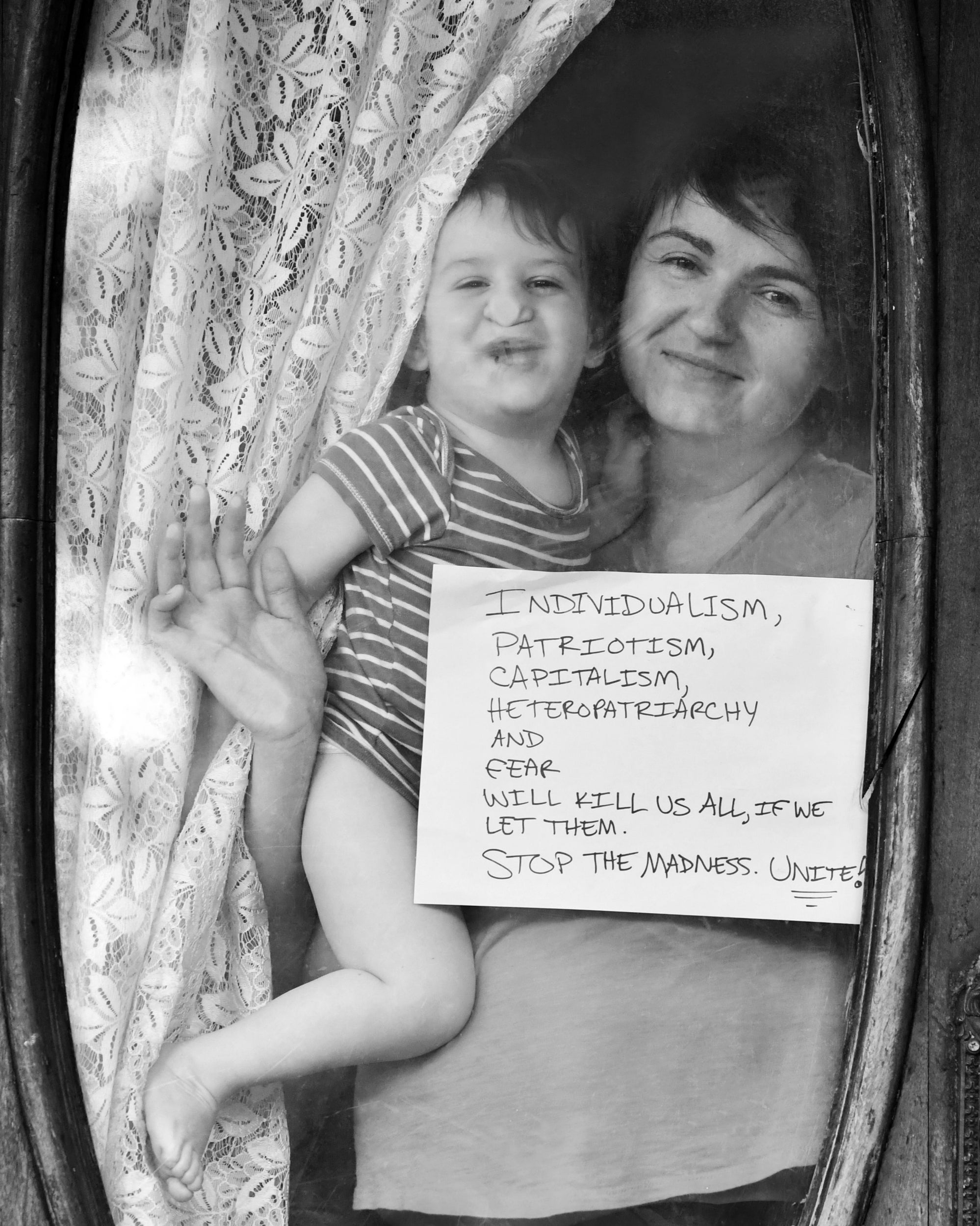
3/12
Khadijah Silver and son Eliot
Stephen Lovekin/REX/Shutterstock

4/12
Anna Beth Rousakis and daughter Mary Rousakis
Stephen Lovekin/REX/Shutterstock

5/12
Mike Pergola and Denise Pergola with children Henry, Jack, and Will
Stephen Lovekin/REX/Shutterstock
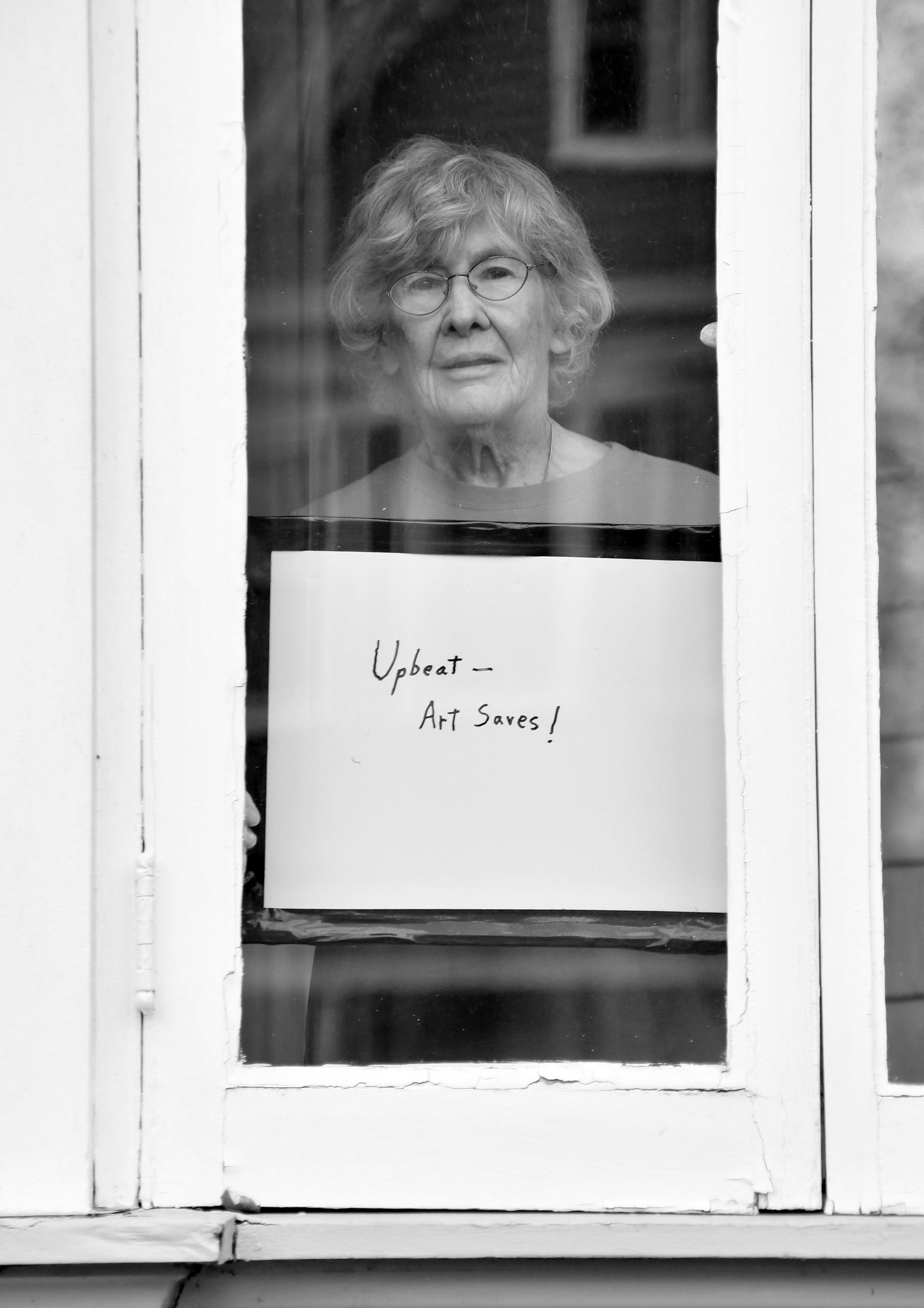
6/12
Artist Shirley Fuerst
Stephen Lovekin/REX/Shutterstock
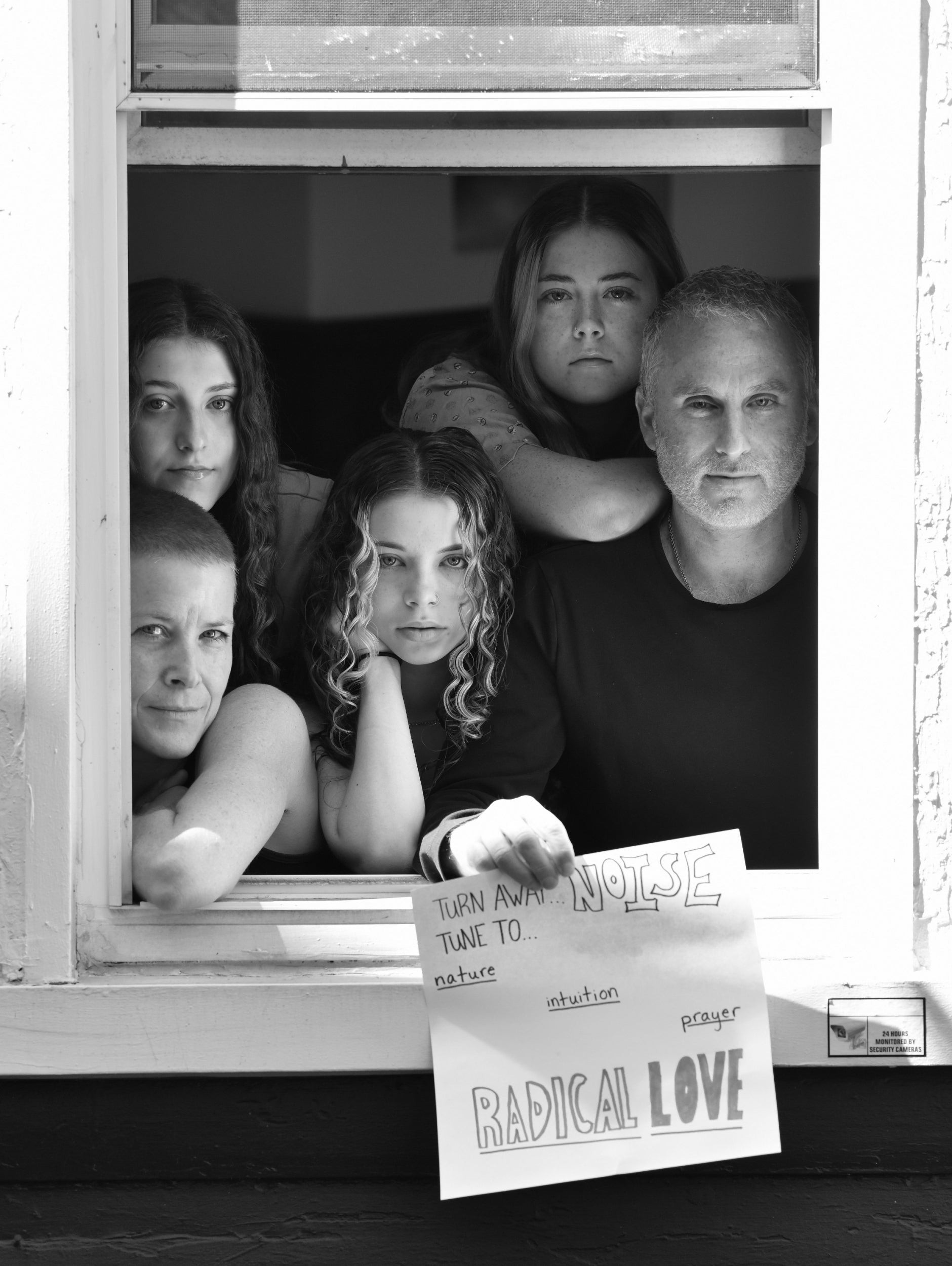
7/12
Jean Davis and Danny Rosenthal, with children Simone, Naomi, and Leah
Stephen Lovekin/REX/Shutterstock
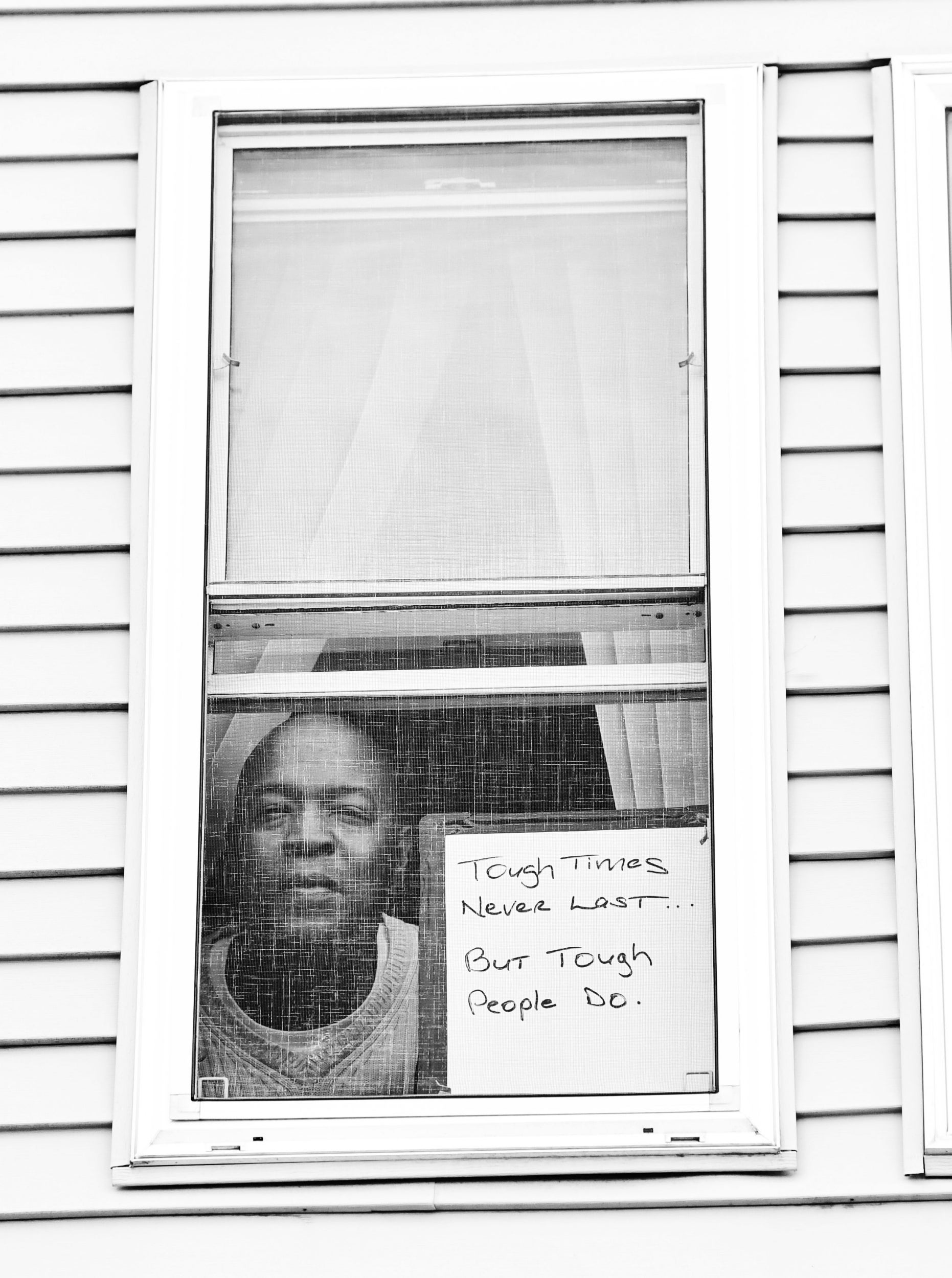
8/12
Robert E Clark Jr
Stephen Lovekin/REX/Shutterstock
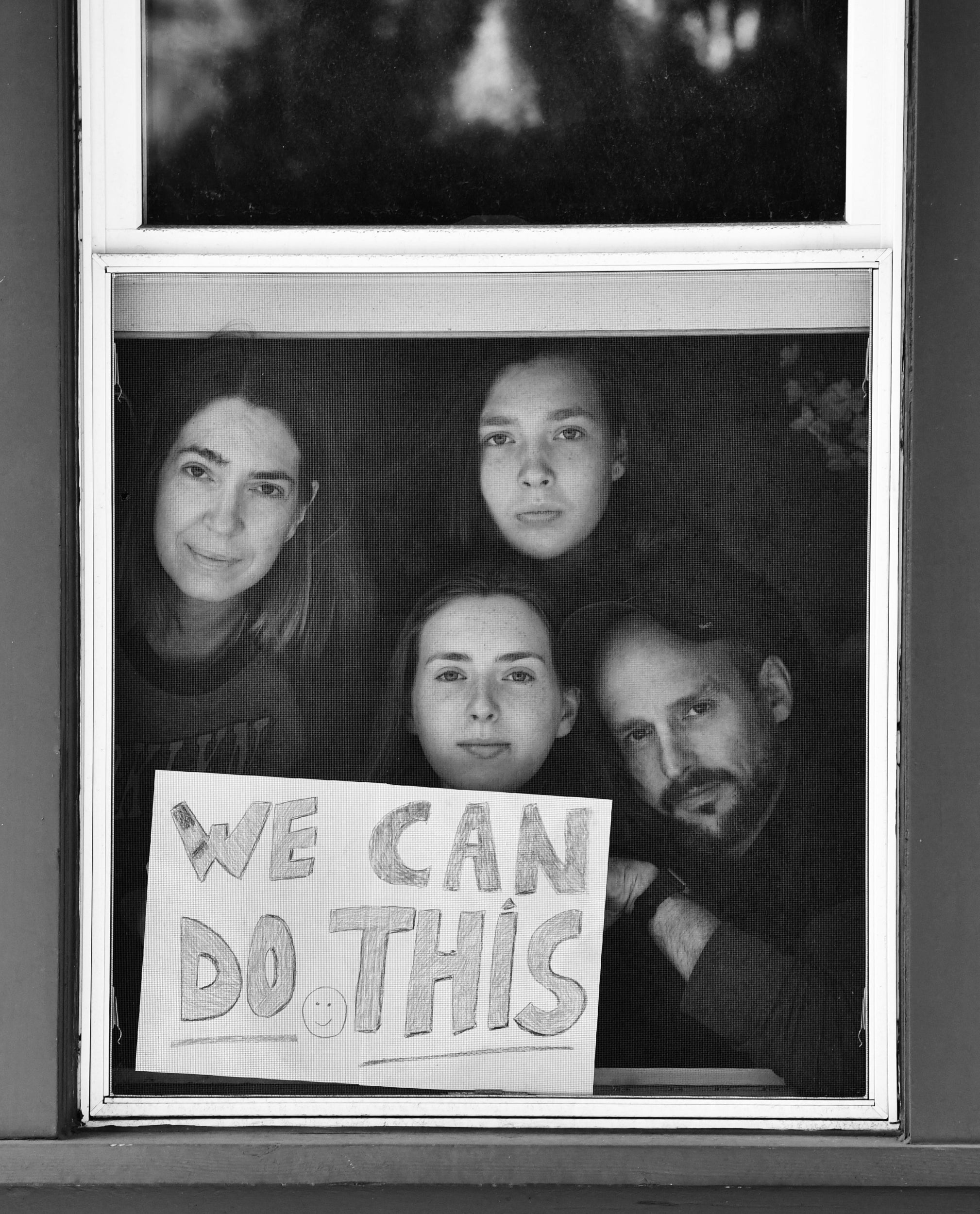
9/12
Lisa Draho and Josh Zuckerman, with children Ruby and Ava
Stephen Lovekin/REX/Shutterstock
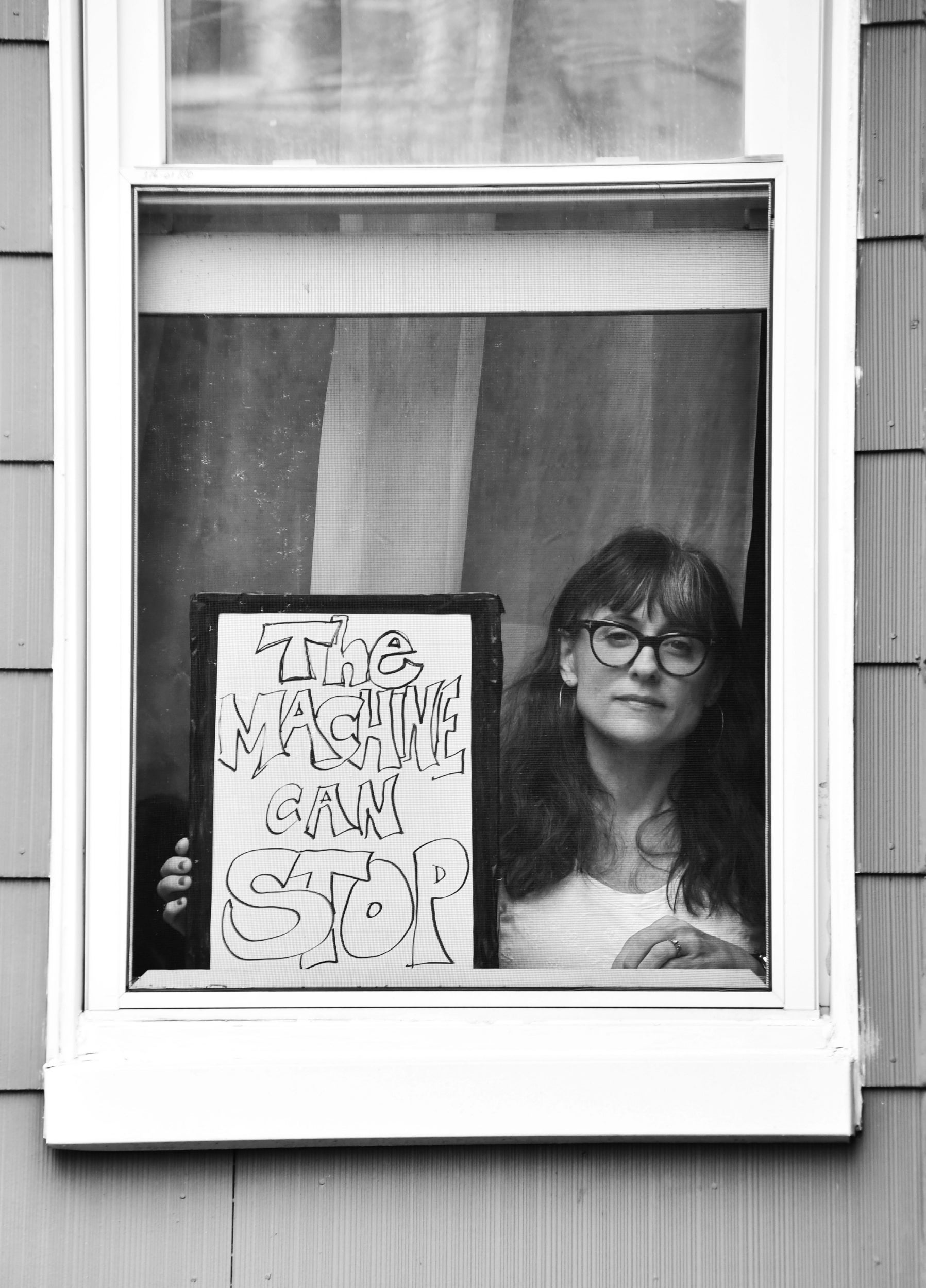
10/12
Professor and activist Dr Kristin Lawler
Stephen Lovekin/REX/Shutterstock
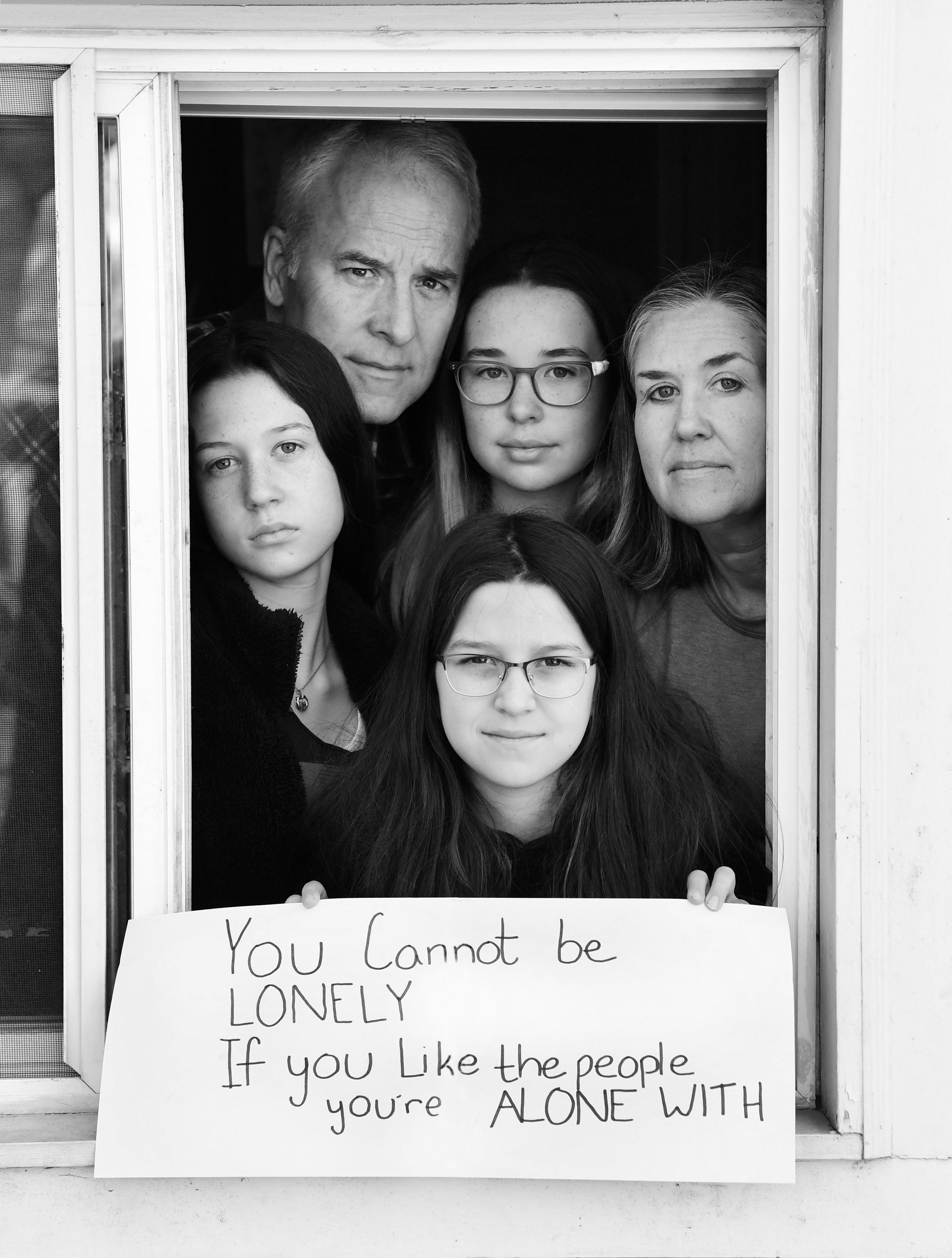
11/12
Tom Smith and Laura Ross, with daughters Caroline, Elizabeth, and Abigail
Stephen Lovekin/REX/Shutterstock

12/12
Callie Lovekin and Lucas Lovekin
Stephen Lovekin/REX/Shutterstock

1/12
Agnetha Septimus, Matthew Septimus, and children Ezra and Nora
Stephen Lovekin/REX/Shutterstock

2/12
Husband and wife filmmakers, Claire Ince and Ancil McKain pose for a portrait for the series by Shutterstock Staff Photographer, Stephen Lovekin, shot around the Ditmas Park neighborhood of Brooklyn, New York
Stephen Lovekin/REX/Shutterstock

3/12
Khadijah Silver and son Eliot
Stephen Lovekin/REX/Shutterstock

4/12
Anna Beth Rousakis and daughter Mary Rousakis
Stephen Lovekin/REX/Shutterstock

5/12
Mike Pergola and Denise Pergola with children Henry, Jack, and Will
Stephen Lovekin/REX/Shutterstock

6/12
Artist Shirley Fuerst
Stephen Lovekin/REX/Shutterstock

7/12
Jean Davis and Danny Rosenthal, with children Simone, Naomi, and Leah
Stephen Lovekin/REX/Shutterstock

8/12
Robert E Clark Jr
Stephen Lovekin/REX/Shutterstock

9/12
Lisa Draho and Josh Zuckerman, with children Ruby and Ava
Stephen Lovekin/REX/Shutterstock

10/12
Professor and activist Dr Kristin Lawler
Stephen Lovekin/REX/Shutterstock

11/12
Tom Smith and Laura Ross, with daughters Caroline, Elizabeth, and Abigail
Stephen Lovekin/REX/Shutterstock

12/12
Callie Lovekin and Lucas Lovekin
Stephen Lovekin/REX/Shutterstock
Nine tests are currently being subjected to analysis to determine whether they can accurately identify individuals who have had the Covid-19 infection and recovered. It is not known whether the failed tests are among these nine.
Antibody testing is regarded as key to eventually lifting the lockdown conditions in place across the UK.
Mr Hancock confirmed today that the government will issue immunity certificates to those with positive tests, indicating that they are highly unlikely to catch the disease again and can therefore resume their normal lives. The procedure is separate from the antigen tests being given to patients with symptoms, and increasingly frontline NHS staff, which are designed to show whether an individual currently has Covid-19.
Hopes of a swift move to widespread antibody testing were raised on 25 March, when PHE’s director of national infection Prof Sharon Peacock told a committee of MPs that evaluation of the proposed tests could be complete by the end of last week and kits introduced within days.
She suggested that members of the public would be able to order the pregnancy test-style kits to use at home on a pinprick of blood, sending them off to labs for confirmation of the result.
The latest news on Brexit, politics and beyond direct to your inbox
But Mr Johnson’s spokesman today said the approvals process was “ongoing” and could give no timeline for the introduction of the tests.
“We are looking at nine different tests,” said the spokesman. “We have already set out the importance of these tests being accurate.
“Other countries have introduced tests which were not accurate which has had significant adverse consequences, so we must make sure the tests are accurate.
“We are working as quickly as we can on that and as soon as a test is approved then we will announce it publicly.”
He said the government had been supplied tests “which haven’t met the required levels of accuracy and therefore wouldn’t have been safe to use.” However it was not clear whether these included any of the nine currently under investigation
Asked if the taxpayer would have to foot the bill for millions of tests which turn out not to be accurate enough to use, the PM’s spokesman said: “We have been clear in our discussions with manufacturers that we are looking to take receipt of tests which actually work.”
Unconfirmed ITV reports earlier this week suggested that the UK has bought two million antibody test kits from Chinese manufacturers Wondfo and AllTest, which already have EU approval for use.
PHE medical director Yvonne Doyle denied the authorities were “dragging their feet” over the introduction of antibody tests.
“This is not a matter of dragging our feet, it’s important that the test is valid, that it does what it says it does,” she said.
“As the chief medical officer said, there’s something worse than no test – a wrong test or a bad test.”
She added: “As soon as we can we want to be out there doing these tests.”
The director of Birmingham University’s Institute of Microbiology and Infection, Prof Robin May, said that delays resulted from the need to ensure kits do not deliver “false positives”.
Antibody tests usually work by isolating a protein produced by the virus and then looking for antibodies in blood which bind to that protein, he explained.
But it is vital to identify a specific protein which is unique to Covid-19 – also known by the scientific name SARS-COV-2 – and which produces an antibody interaction strong enough to allow sensitive detection.
If the protein chosen is not unique, the test could produce a positive reaction for other coronaviruses responsible for innocuous illnesses like the common cold.
“Optimising and validating this part of the test is what is currently taking time,” said Prof May.
“Once such a test is developed, initially the testing process is indeed slow. However, it is often possible to adapt such laboratory tests into simpler ‘point of care’ devices – rather like a pregnancy test.
“If that is achievable for a SARS-COV-2 antibody test, then rapid testing may well become very feasible on a large scale. Once rolled out, such a test would tell us who has had the virus, but not necessarily who has it at the moment, since it takes several days for antibodies to be made, and thus people can have an active infection but no detectable antibodies.”



